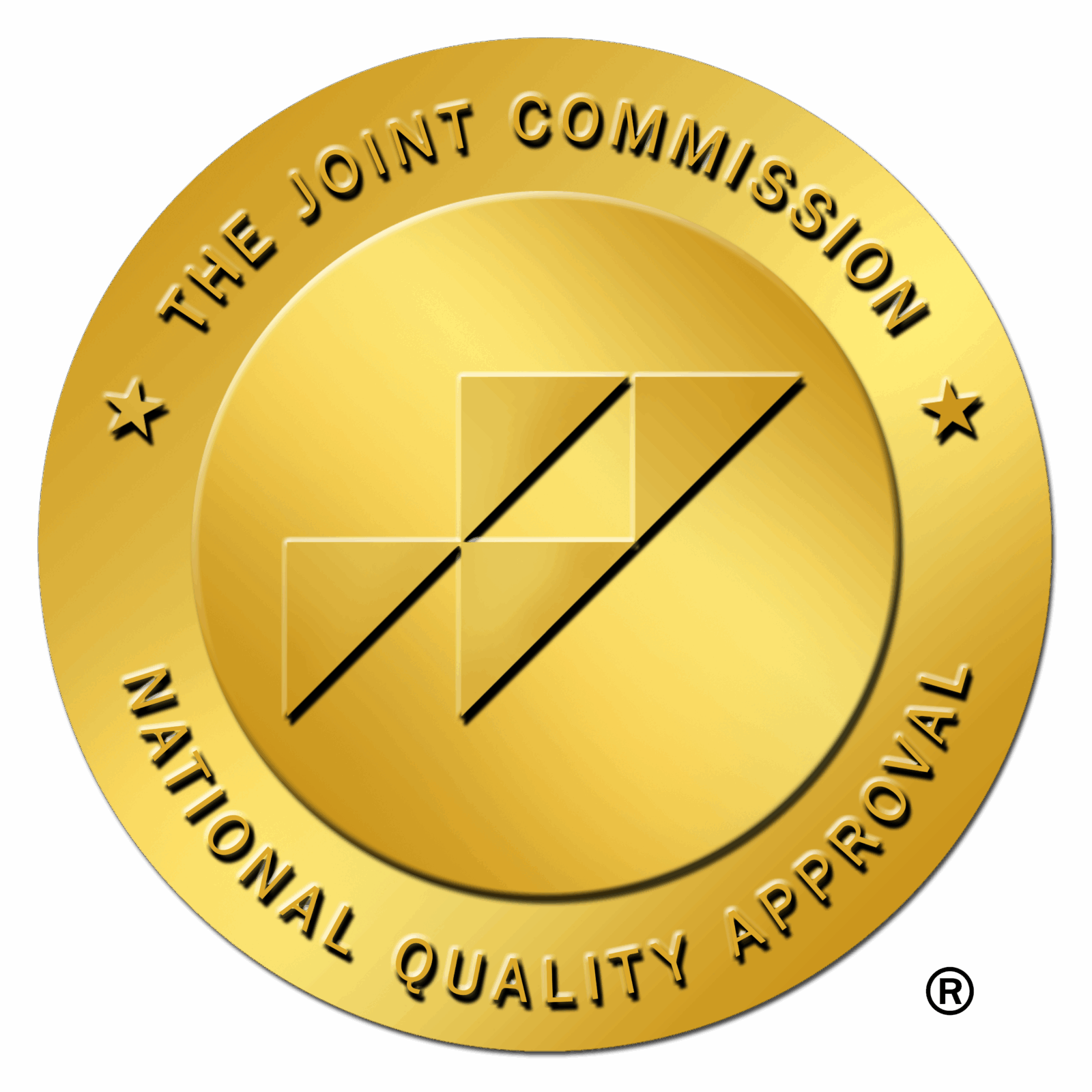Respiratory Syncytial Virus (RSV) is a common respiratory virus that circulates each year in the United States, usually from late fall through early spring. RSV can be serious, especially for infants and older adults.
Symptoms include:
- Runny nose
- Decreased appetite
- Coughing
- Sneezing
- Fever
- Wheezing
Help prevent the spread of RSV:
- Cover your coughs and sneezes with a tissue or your upper shirt sleeve, not your hands
- Wash your hands often with soap and water for at least 20 seconds
- Avoid close contact, such as kissing, shaking hands, and sharing cups and eating utensils, with others
- Clean frequently touched surfaces such as doorknobs and mobile devices
Be sure to stay up to date with vaccinations, including COVID-19 and influenza vaccines.
In an emergency, immediately dial 911 or your local emergency number.
For more information, visit: www.IHS.gov or the CDC RSV homepage https://www.cdc.gov/rsv/
Array

